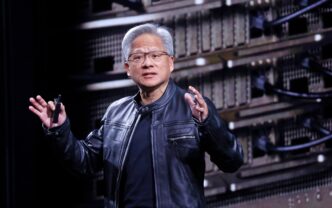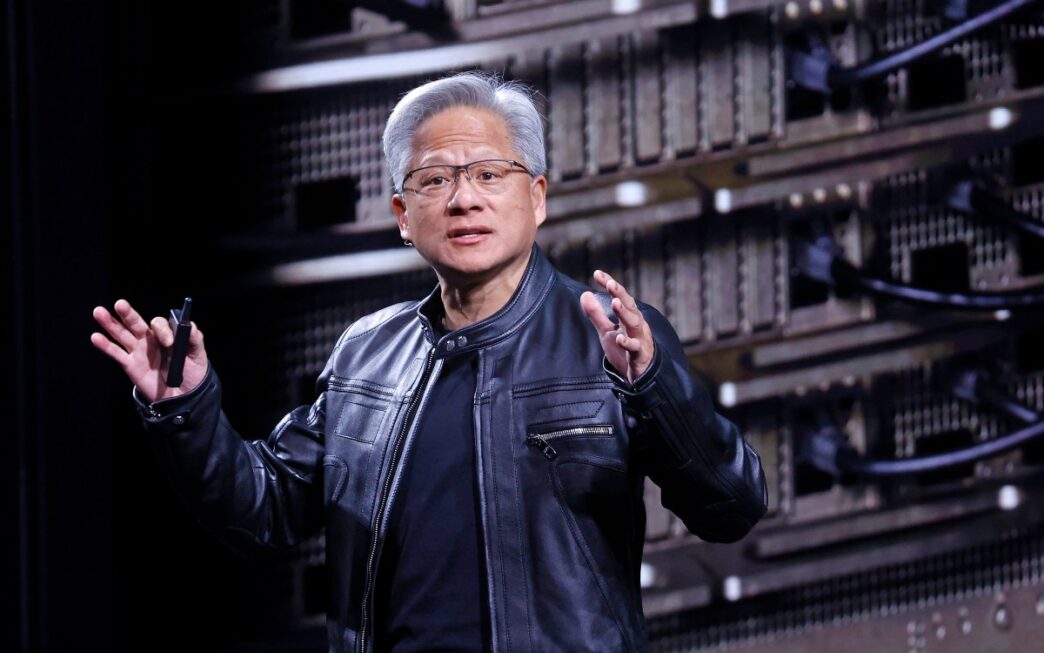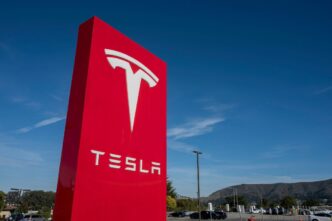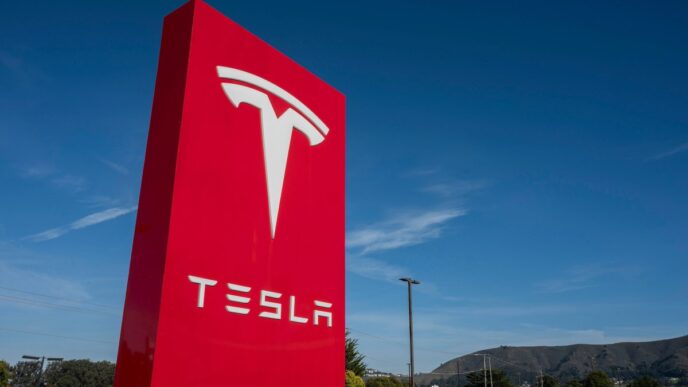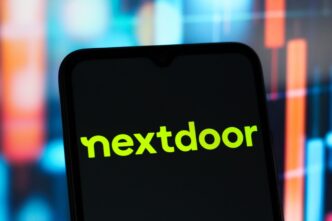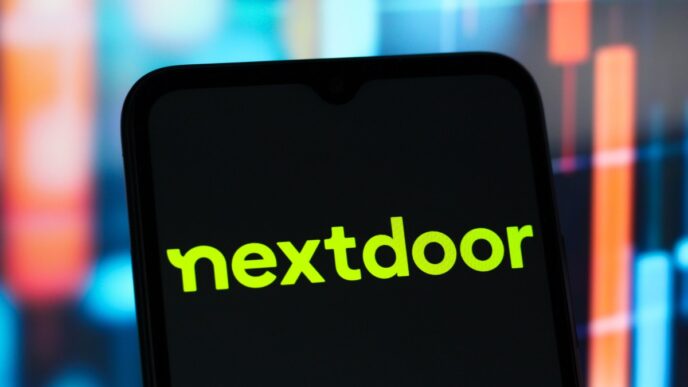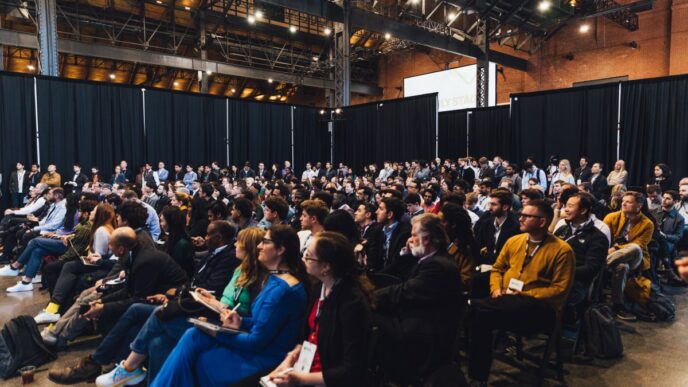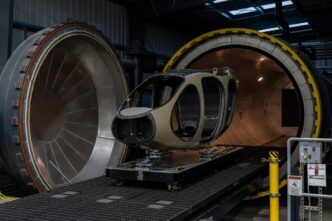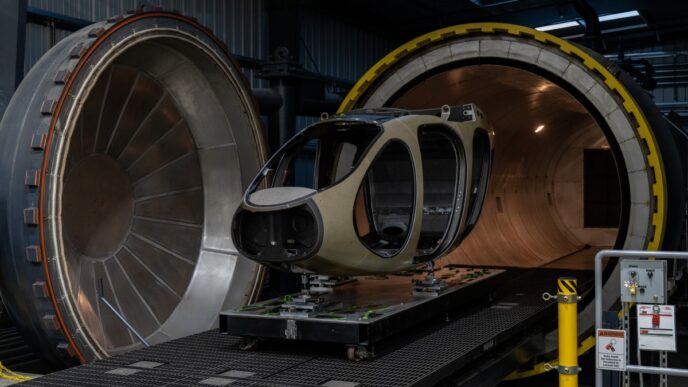Nvidia is filing to restart sales of its H20 AI chips to China after a chaotic few months of U.S. export restrictions. The company expects government licenses soon and plans deliveries shortly after, per an Nvidia blog post.
Nvidia is also launching a new “RTX Pro” chip tailored for the Chinese market. It’s “fully compliant” with export rules and targets digital manufacturing like smart factories and logistics.
The H20 chip is Nvidia’s most powerful AI processor legally allowed to be sold in China under current U.S. controls. It focuses on running existing AI models (“inference”) rather than training new ones. Big Chinese firms like ByteDance, Alibaba, and Tencent stockpiled these chips early this year, betting on stricter controls.
The crackdown began in April when the Trump administration blocked H20 sales, citing chips above set memory and I/O bandwidth thresholds. This could have cost Nvidia up to $16 billion in revenue based on first-quarter Chinese demand.
Soon after CEO Jensen Huang attended a $1 million-a-plate dinner at Trump’s Mar-a-Lago, the ban was paused. According to NPR, the White House reversed course after Nvidia pledged new U.S. data center investments. Nvidia then announced plans for up to $500 billion in AI server buildouts over four years with partners including TSMC.
The back-and-forth has sparked criticism from U.S. lawmakers worried about China’s growing AI power. Chinese startup DeepSeek made waves this year using Nvidia’s banned H800 chips, showing Chinese workarounds to U.S. export bans.
Nvidia spokesman Hector Marinez told TechCrunch:
“Jensen Huang has been meeting with officials in Washington and Beijing this month and emphasizing the benefits that AI will bring to business and society worldwide.”
The U.S.-China AI chip saga shows ongoing tensions between national security concerns and commercial interests. Expect more twists as the battle continues.
